What Is And Isn't Considered Normal Wear And Tear On Your Rental's Hardwood Floor?
Before your tenant packs up and moves on, it’s inspection time. When you walk through the property, you need to be objective and understand that normal wear and tear happens, but that it’s completely different from negligence.
Tenants get upset when they feel as though they haven’t done anything to the flooring apart from walking on it, but some of these simple errors can cause pretty expensive damage even if it appears like an innocent mistake.
Let’s take a look at what normal wear and tear looks like.
Scratching
Scratches happen, and whether or not they’re intentional, they can cause major issues in hardwood flooring, such as allowing moisture into divots and splits in the boards. Scratches can grow into larger problems when left unchecked.
- When it’s Standard Wear and Tear: Surface-level scratches that don’t cut too deep may just be from walking through the house with shoes on, or a chair scooting across the floor, or in a high-traffic area of the home. Surface-level scratching is going to happen no matter who lives in your rental property.
- When it is Tenant Damage: Deep cuts in the wood that go well beyond the surface are the fault of tenant negligence. One or two may happen, which can be forgivable, but anything more than that shows the tenant was not caring for the flooring. It indicates that there will likely be other problems as well.
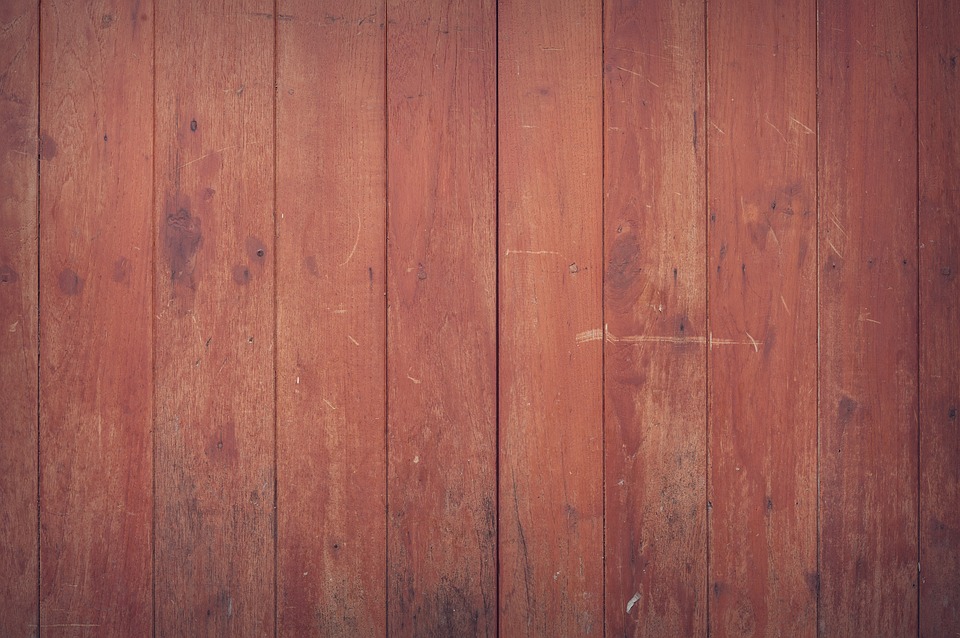
Wood Missing
Entire pieces of wood missing, such as small corners on floorboards or divots missing near the edge of a room, is absolutely a cause for concern.
- When it’s Standard Wear and Tear: Never. This doesn’t happen without a reason. If damage like this occurs, your tenant should contact you immediately. Accidents are one thing; negligence is another.
- When it is Tenant Damage: Unless you didn’t spot it when you handed over the keys, this is always due to the tenants. Whether it’s their children, friends, pets, it doesn’t matter—this doesn’t just happen at random. While this can be repaired and refurbished somewhat easily, it won’t look as good as it did before.
Finish Fading
Over time, the finish fades. Many landlords do not want tenants using chemical cleaners on floors because of the way they can strip the finishing.
- When it’s Standard Wear and Tear: UV light coming in through windows often causes damage to the finish. If you trace where the sunlight touches the floor from the windows, you can find the cause. Over time, the finish just begins to degrade from standard foot traffic.
- When it is Tenant Damage: When the floor is abrasive and rough, it means they either tried to use a revitalization kit, or they’ve been cleaning it with heavy chemicals that degrade the finish. The hard part about this is most tenants don’t realize they’ve messed up, so explaining it to them is a real treat.
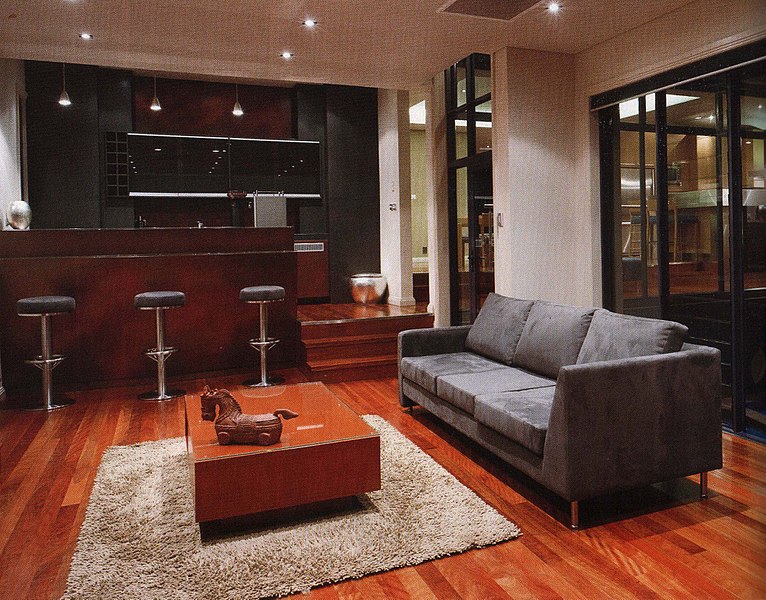
Warping and Buckling
Warped floors are a result of moisture damage, but is that really your tenant’s fault? It all depends on the circumstances and the climate.
- When it’s Standard Wear and Tear: Very light warping in corners of the room may simply be an indicator of low levels of humidity over a long stretch of time after the original hardwood floor installation, which is difficult to control. Other than that, the only other time floor warping really isn’t a tenant’s fault is when central AC goes out for an extended duration of time and there’s no humidity control in the home or another niche situation like that. So, as long as they contact you and you are aware of the problem, (and they are planning to fix it promptly), they’re doing all that they can to prevent it.
- When it is Tenant Damage: When tenants hoard a lot of items and have stacked shelves, tons of boxes, and basic clutter, moisture can’t properly leave a room. It settles in and creates moisture pockets that can warp floors. A cluttered, dirty home, or one where they don’t use any form of dehumidifiers (in the appropriate climates, of course) generally points towards negligent tenant care.
At the end of the day, if your tenant is renting a property and the damage occurs while they’re living there, it does register as their fault and is subject to withdrawing funds from the security deposit to repair them.
Are Your Hardwood Floors Too Worn Down?
If your floors are severely damaged, they can still be salvaged. Contact us today or call (215) 515-7355 and ask for Steve, and we’ll give you a quote on your sanding and refinishing project. Let our Philadelphia hardwood floor experts help you determine if your floors still have some life in them!
Recent Hardwood Flooring Projects in Philadelphia & NJ
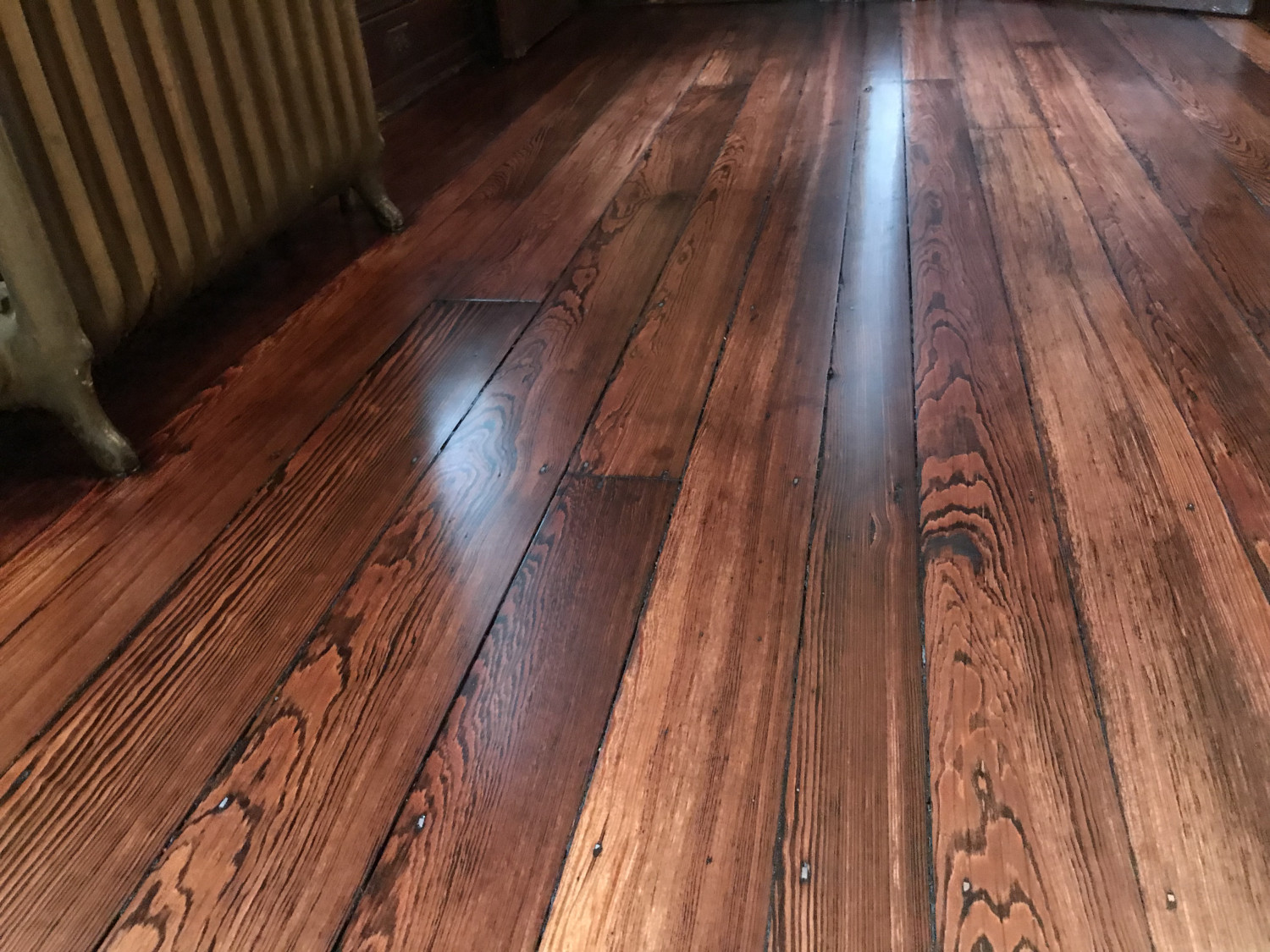
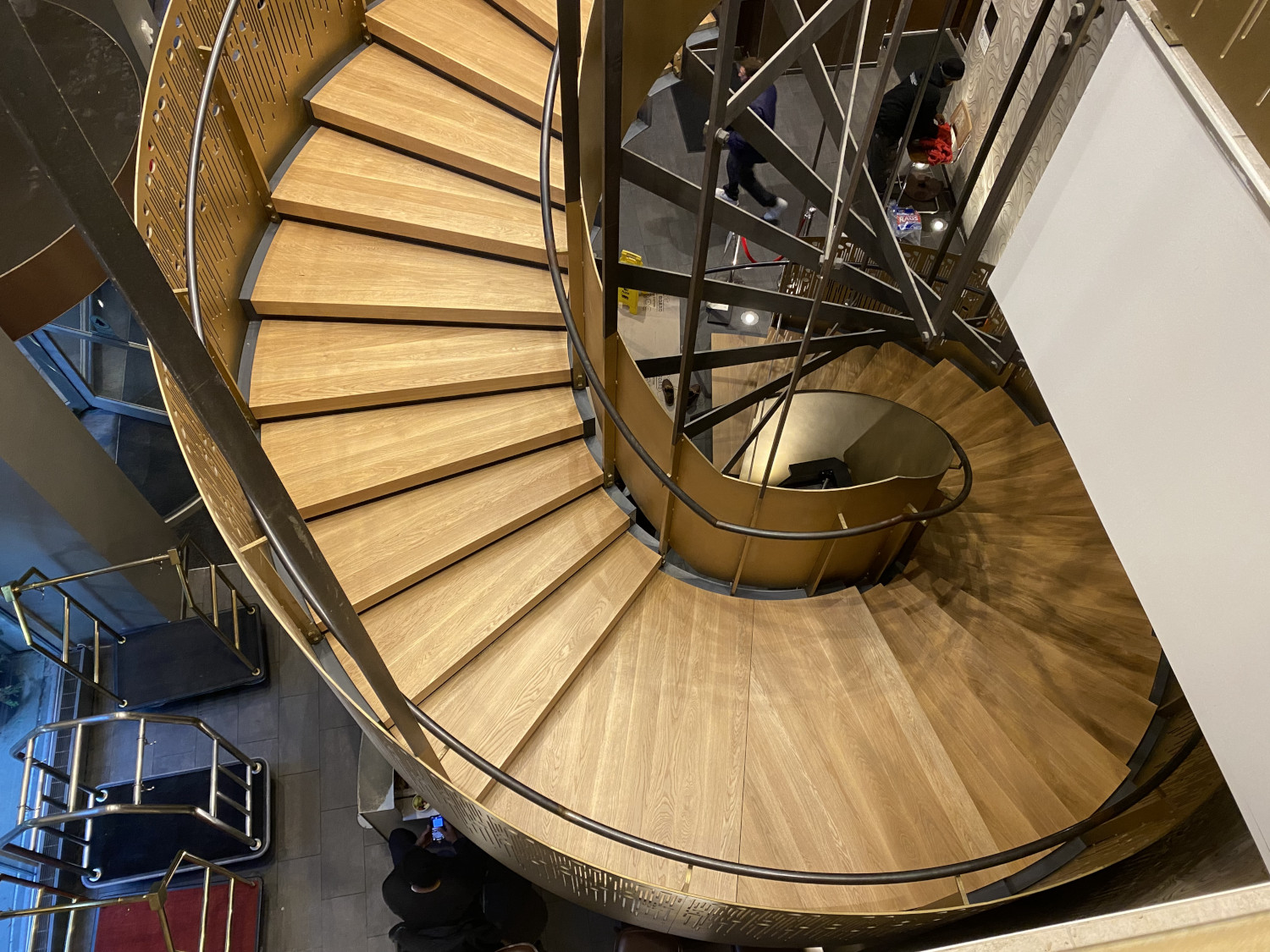
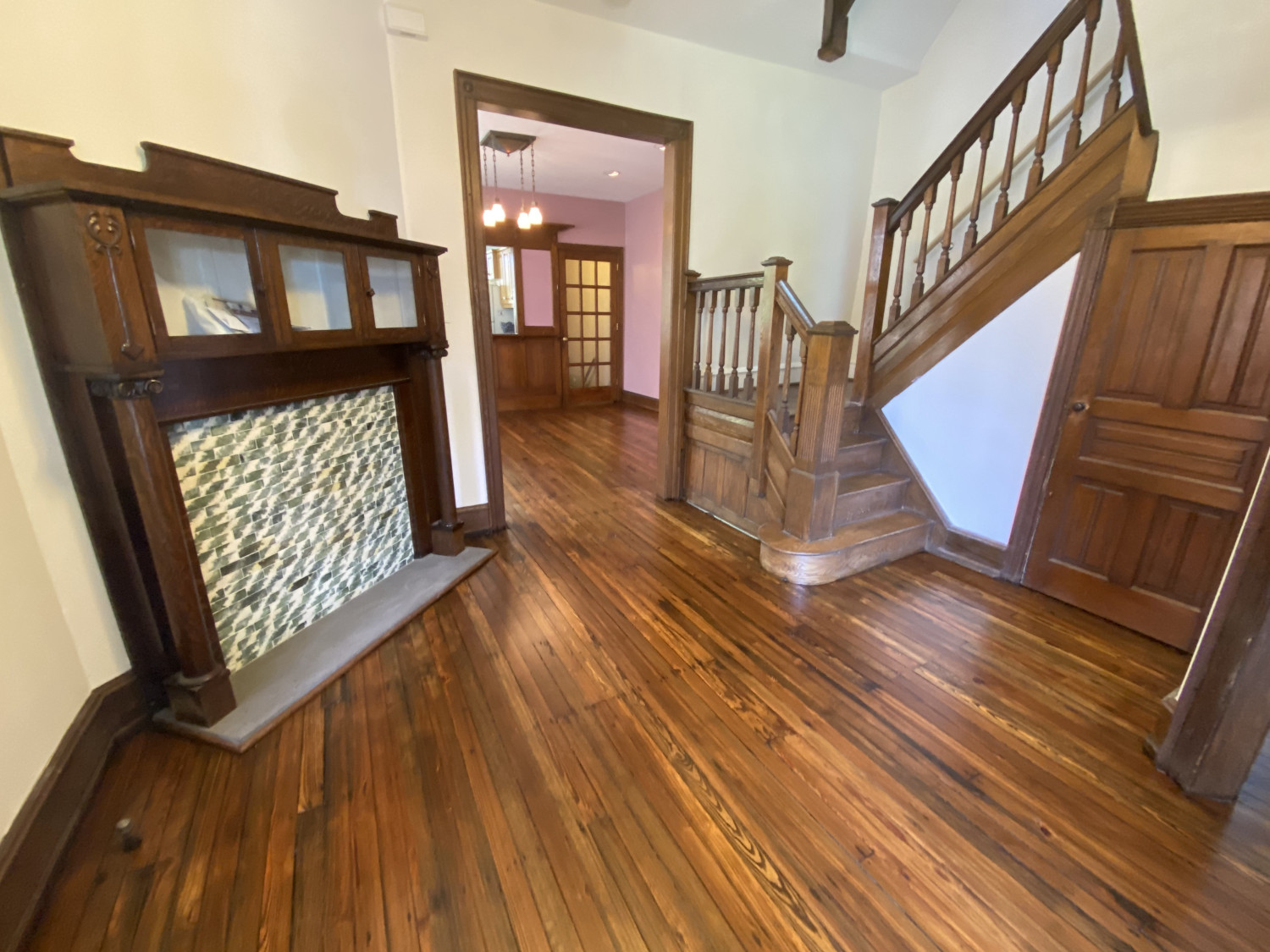

0 Comments